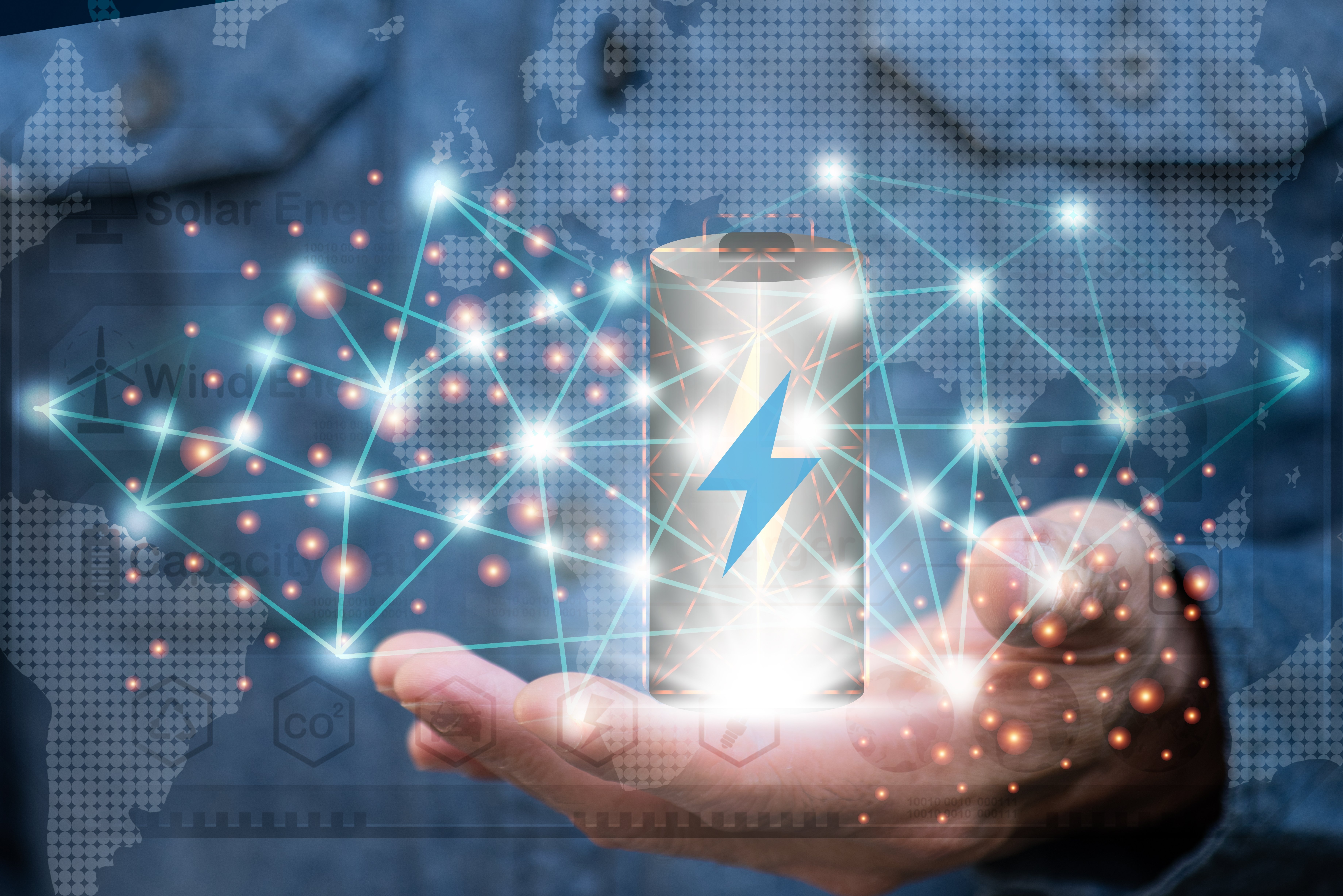
"Battery energy storage systems (BESS) could become standard at datacenters as AI infrastructure expand, with analysts forecasting 20 GW of capacity deployed over the next decade. Hyperscalers building AI facilities progressively view BESS as essential to their energy mix, according to financial analyst Jefferies in a report shared with The Register. "With hyperscalers increasingly embracing some permutation of grid-connection and BTM (behind the meter) backup generation, we see BESS as a complementary resource to enable flexible load management, accelerate speed to interconnection, and provide backup capacity in a redundant form factor," the report states."
"Jefferies' report notes that battery storage is "one of the few carbon-free technologies likely to thrive under a Trump administration." It cites policy support and grid reliability needs driving growth beyond datacenter applications. "Hyperscalers present a 20 GW opportunity at least, with 2-4hr LFP (lithium iron phospate) most likely to benefit," Jefferies says. But there's a catch: datacenter operators optimizing for quality and price will find Chinese suppliers most compelling - a politically fraught choice."
Battery energy storage systems (BESS) could become standard at datacenters as AI infrastructure expands, with analysts forecasting 20 GW of capacity over the next decade. Hyperscalers are integrating BESS alongside grid connections and behind-the-meter backup to enable flexible load management, speed interconnection, and provide redundant backup capacity. Battery systems primarily function as backup energy alongside generator sets and other storage like solid-oxide fuel cells. Most BESS growth is expected from utilities managing surging demand driven by electric vehicles and datacenter proliferation. Chinese suppliers such as CATL and Sungrow are positioned to benefit due to lower cost and higher energy density, creating political and cybersecurity tensions for some US states and utilities.
Read at Theregister
Unable to calculate read time
Collection
[
|
...
]